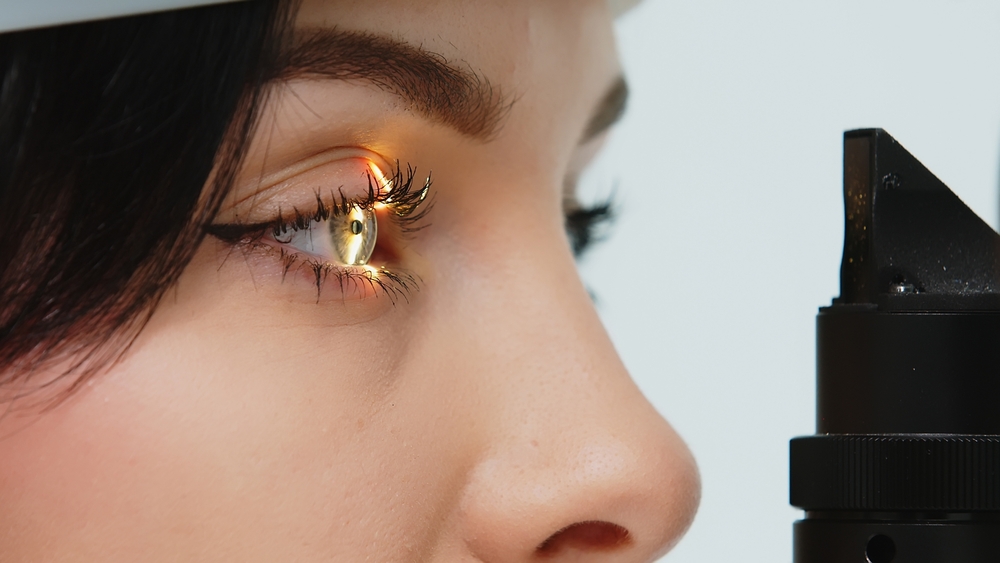
When it comes to your eye health, being informed is your first line of defense against conditions that can affect your vision. Glaucoma is one such condition often associated with increased intraocular pressure. This pressure can gradually deteriorate your optic nerve, which is vital for vision, potentially resulting in blindness if untreated.
The Importance of Glaucoma Testing
Why should you prioritize glaucoma testing? For one, it’s a condition that rarely presents noticeable symptoms until significant vision loss has occurred. Early detection through comprehensive eye exams can catch the disease in its nascent stages, allowing for interventions that could save your sight.
Glaucoma testing is an essential aspect of eye care because the damage caused by the condition is irreversible. By the time you notice a change in your vision, the disease may have already caused extensive harm. Regular testing enables your optometrist to track changes over time and adjust your treatment plan as necessary.
Glaucoma Testing for Different Age Groups
For adults, particularly from the age of 40 onwards, routine glaucoma testing should be integrated into regular eye examinations. As you age, your risk for developing glaucoma increases, making it vital to screen for the disease regularly. In adults, glaucoma tests typically include tonometry to measure eye pressure, ophthalmoscopy to inspect the optic nerve, and perimetry to check the visual field.
When you reach your senior years, comprehensive glaucoma testing becomes even more critical. The prevalence of glaucoma increases as you get older, and because it can lead to irreversible blindness, it's a significant concern for the aging population. For seniors, eye exams should be more frequent, and the tests may be more extensive, including advanced imaging technology to examine the optic nerve and the eye's drainage system.
The Role of Optometrists in Personalized Glaucoma Testing Plans
The role of optometrists in your eye health is pivotal, especially when it comes to crafting personalized glaucoma testing plans. Optometrists are primary health care specialists trained to diagnose and manage eye diseases, including glaucoma. When you visit an optometrist, they will not only evaluate your eyes for signs of glaucoma but also consider your overall health, family history, and lifestyle when recommending a testing schedule.
A personalized plan takes into account the uniqueness of your eyes and the various factors that may affect your risk of developing glaucoma. For instance, if you have a high degree of short-sightedness, you may need more frequent testing. Similarly, if there's a history of glaucoma in your family, your optometrist might suggest earlier and more regular screenings.
They can also guide you through treatment options should you be diagnosed with glaucoma, from medications to possible surgical interventions. Building a relationship with your optometrist means that you have a professional who is familiar with your eye history and can make timely, informed decisions about your care.
Other Risk Factors That Influence Glaucoma
Apart from age, there are several other risk factors that can influence the development and progression of glaucoma. Ethnicity plays a role; certain groups, such as African Americans and Hispanics, are at a higher risk. High intraocular pressure is the most significant risk factor, but it's not the only one. A thin cornea, the transparent layer forming the front of the eye, can also increase your chances of developing the condition.
Systemic health issues such as hypertension and diabetes are also linked to glaucoma. These conditions can affect the blood flow to the optic nerve, leading to damage. Additionally, prolonged use of corticosteroids can increase eye pressure, which may precipitate glaucoma in susceptible individuals.
Lifestyle choices, such as smoking and excessive alcohol consumption, can exacerbate the risk factors for glaucoma. Being aware of these risk factors and how they can affect your eyes can help you make informed decisions about your health and glaucoma testing.
Safeguarding Your Vision and Eye Health
Glaucoma is a serious eye condition that can lead to irreversible vision loss, but with early detection through appropriate testing, it can often be managed effectively. Regardless of your age group, understanding the importance of glaucoma testing and incorporating it into your eye care routine is crucial. Remember that optometrists play a vital role in creating personalized glaucoma testing plans tailored to your unique needs and risk factors.
If you're concerned about glaucoma or would like to learn more about personalized glaucoma testing plans, contact Vision One Eyecare in our Katy, Texas office Please call or text (281) 395-2010 to schedule an appointment today.







